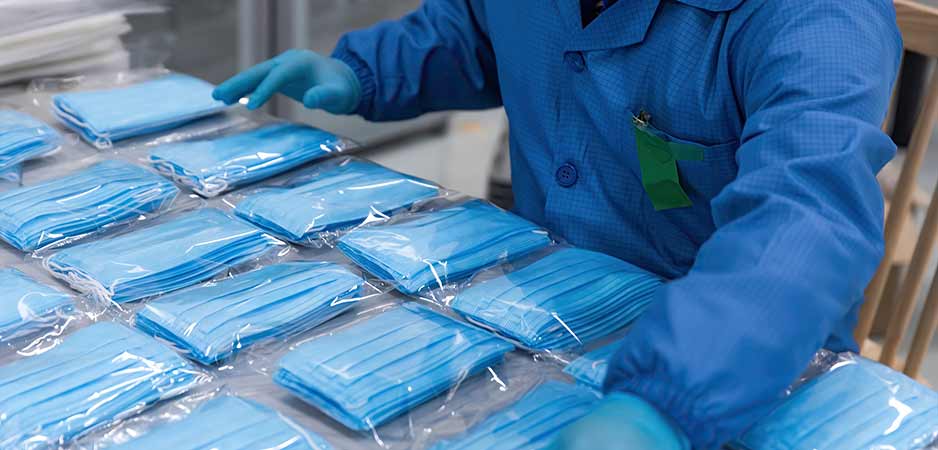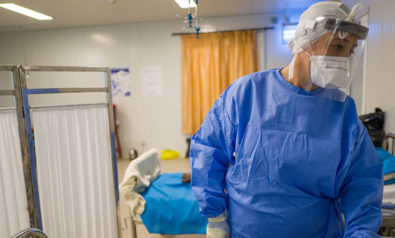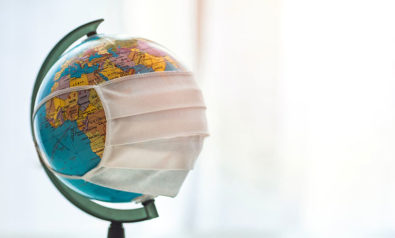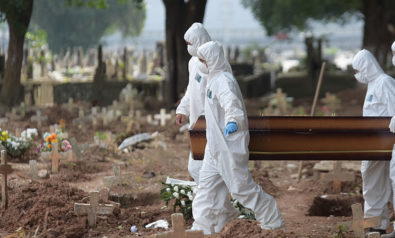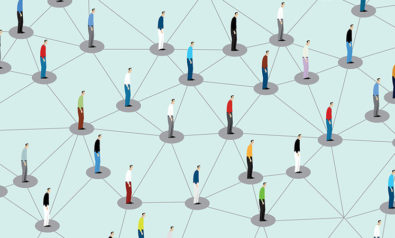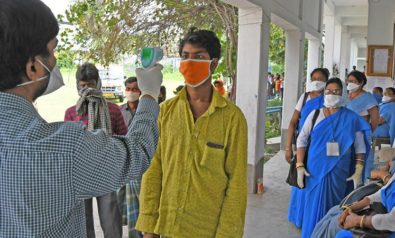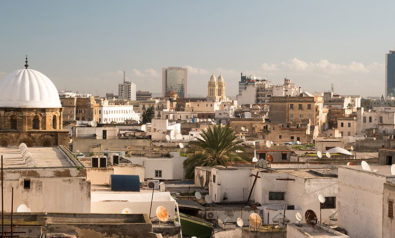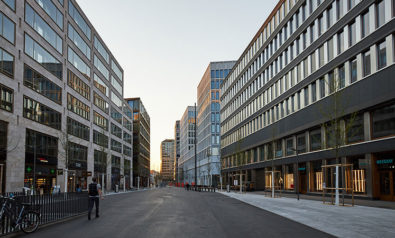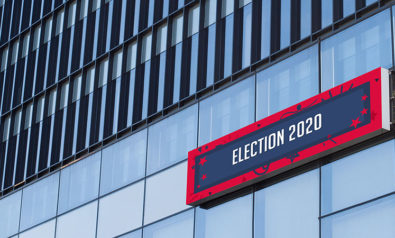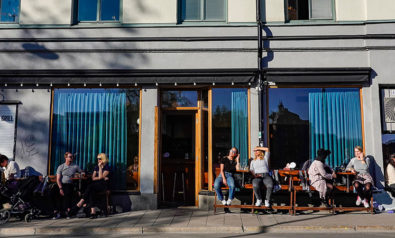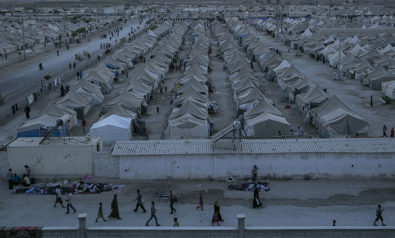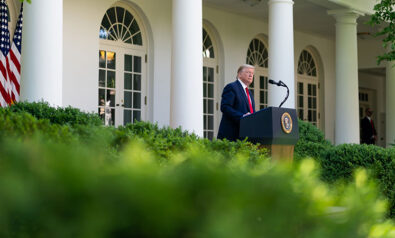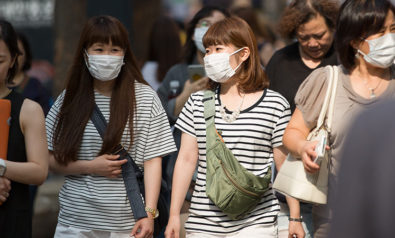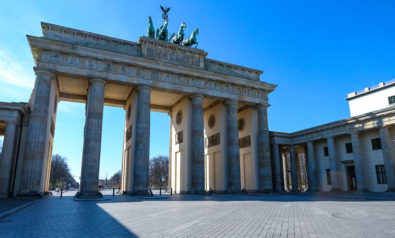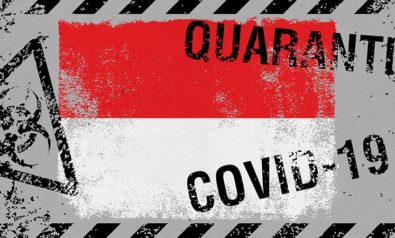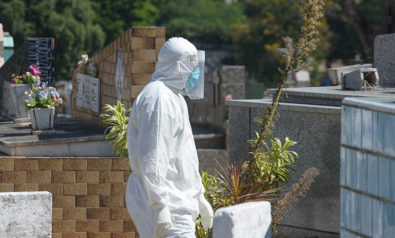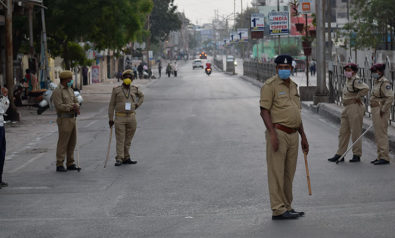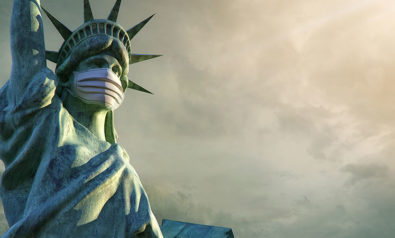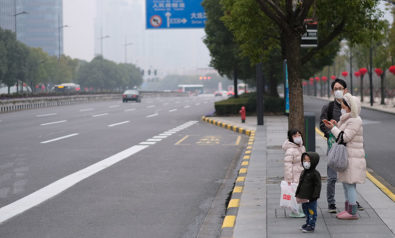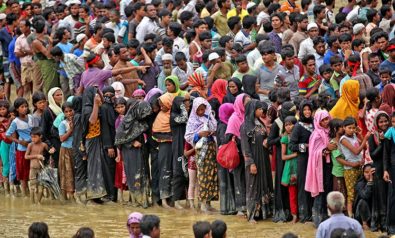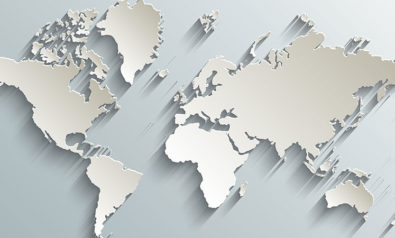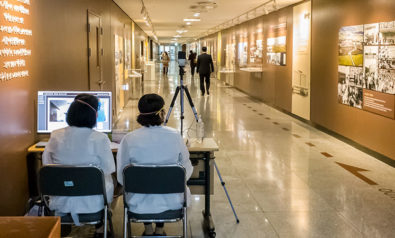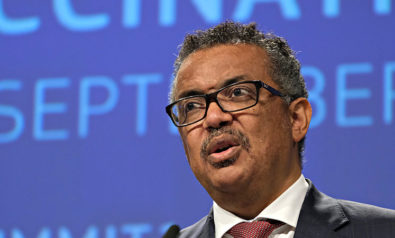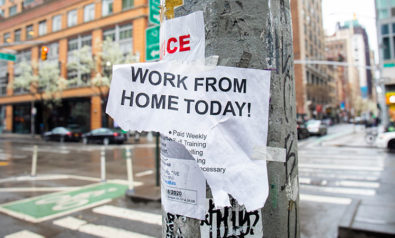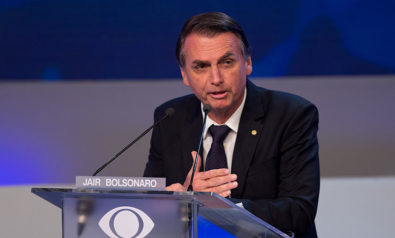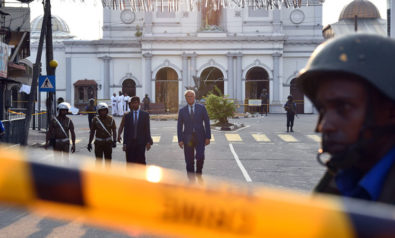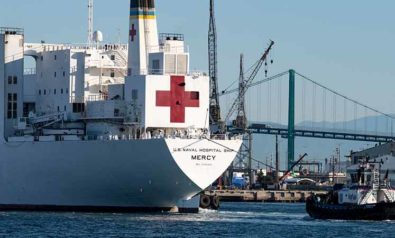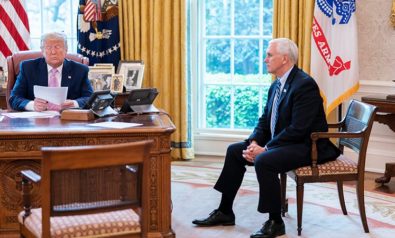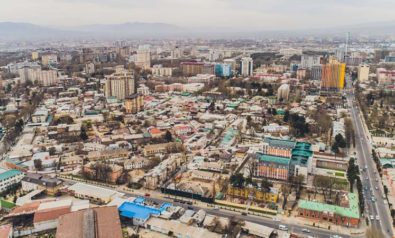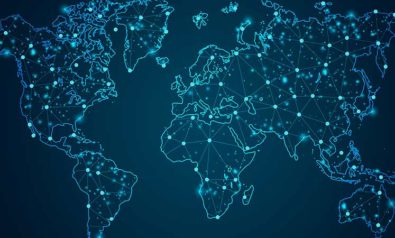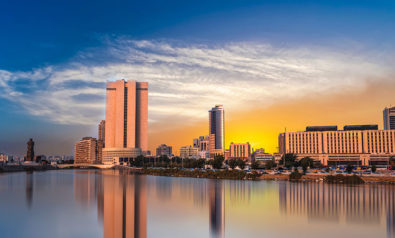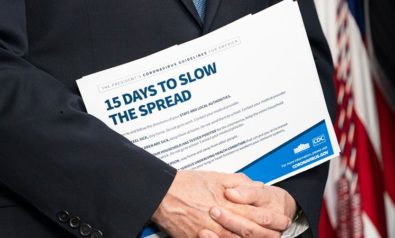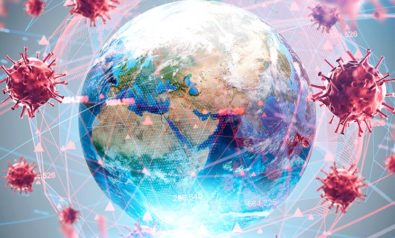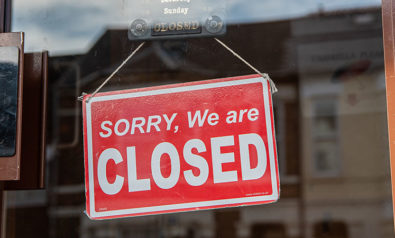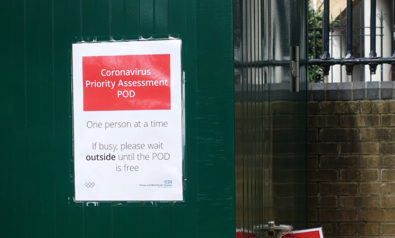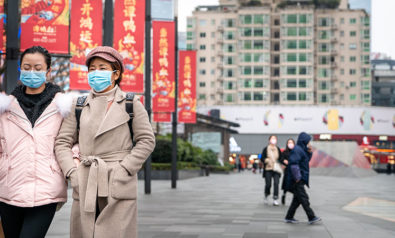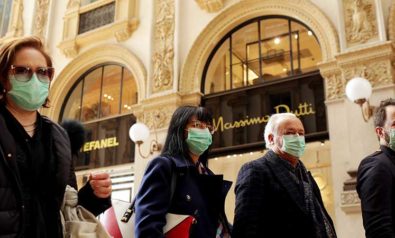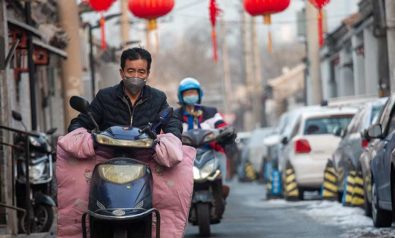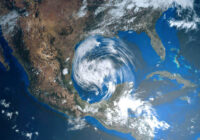“We need the masks. We don’t want other people getting it,” was US President Donald Trump’s defiant justification for temporarily halting the export of N95 respirators to Canada and Latin America. The decision triggered an equally blunt response from the premier of Ontario, Doug Ford, who said: “I’m not going to rely on President Trump, I’m not going to rely on any prime minister or president from any country ever again.”
The terse deadlock, although recently resolved, succinctly summarizes the withdrawal of the United States from international partnerships with even its closest allies during the pandemic. With the global death toll of the COVID-19 pandemic continuing to rise, other selfish acts such as Trump’s attempt to secure exclusive rights to a potential vaccine characterize a foreseen US abdication of responsibility from a now leaderless world order.
Although Republicans would cheer this admittedly consistent execution of Trump’s vaunted “America First” direction, it is less certain whether they would happily accept the consequences of the world leadership falling into China’s hands, the most ambitious candidate for the position. This is especially relevant considering China’s aggressive “mask diplomacy” amid the coronavirus outbreak, which focuses on sending medical supplies and financial aid to affected countries.
Mask Diplomacy at Work
As Brian Wong points out in The Diplomat, this arm of Chinese power has three distinct features. First is the provision of “contextually important resources” to win favor in strategically important countries. Second comes the cultivation of dependence on, and indebtedness to, China by these countries. And, finally, is the emphasis on Beijing’s moral upper hand, to both implicitly criticize America’s abdication from its international commitments and to distract from China’s own mistakes in handling the pandemic. Some view this as aiding a global power transition, shaping a world where “100 countries will think better of China and worse of the US.”
There is an element of truth to this view, as can be seen in the context of China’s interactions with the European Union. Accusations of the EU’s lack of solidarity and burgeoning euroskepticism across the continent have been synchronized with highly publicized and celebrated instances of mask diplomacy. One of the most enthusiastic recipients of Chinese medical aid was Serbia, where President Alexander Vucic heaped praises on the Chinese medical delegation and kissed the Chinese flag, whilst lamenting that “European solidarity does not exist. It was a fairytale on paper.”
Serbia itself has been facing an uphill accession process to join the EU, with lukewarm interest from Europe reciprocated by Belgrade’s lack of “any drive to reform” its democratic shortcomings. Serbia, estranged from the European bloc, is thus a prime target for China to push a narrative of cooperation and friendship, portraying itself in sharp contrast to the EU’s stale bureaucracy.
Elsewhere, China’s state media has been quick to publicize the arrival of doctors, masks and medication in Italy. One of the countries hit hardest by the pandemic is also one of the most euroskeptic countries in the bloc, with only 37% of Italians seeing EU membership “as a good thing” at the end of last year, unconvinced by controversial austerity measures and issues around immigration. On such grounds, it is not hard to imagine that mask diplomacy as being a part of China’s extensive foreign affairs toolbox, set to capitalize on where institutions of power, and perhaps the United States, are failing.
Is It Effective?
However, it is necessary to temper such a reaction and situate mask diplomacy within the larger scope of China’s foreign relations and the COVID-19 pandemic. There are three key points to consider.
The first point is recognizing the difficulty of China’s attempts to claim the moral high ground. The most obvious difficulty is overcoming the consequences of China’s initial heavy-handed conduct in Wuhan at the start of the pandemic, suppressing information about the outbreak and punishing whistleblowers. Some point out that such actions violated the World Health Organization’s regulations and exacerbated the spread of the virus, opening up discussion on the possibility of pursuing legal recourse against China in the International Court of Justice. Going ahead with such proceedings would greatly damage China’s political credibility and further publicize the controversy that Beijing is trying to sweep under the carpet.
Another gap is the Chinese government’s implicit support for false narratives that displace the blame for the pandemic, including a host of theories that suggest that the COVID-19 pathogen was manufactured in America. Recently, Chinese state media has also latched onto comments by Italian scientist Giuseppe Remuzzi to support such paranoid accusations, angering Italians about China’s “attempts to deflect” from its own mistakes.
Finally, a host of problems with medical supplies, from test kits with 30% accuracy rates to substandard face masks, have soured initial signs of goodwill. These gaps have opened China up to a barrage of criticism, ranging from what EU High Representative Josep Borrell called the exploitation of “the politics of generosity” to Italy’s leader of the far-right League party, Matteo Salvini, calling it China’s “crime against humanity.” Regardless of how welcome China’s mask diplomacy may be in the current pandemic, the strength of such diplomacy will be greatly diluted in the long term if China fails to rehabilitate its image. (A Chinese firm already promised to replace the faulty testing kits sent to Spain.)
The second point is how strong and independent responses to the pandemic by some countries continue to support the fact that an increased orientation toward China is not an inevitable necessity in these times of crisis. South Korea and its extensive testing and quarantine measures have served as an exemplary model for pandemic response, accomplished without the need for external support. Vietnam lacks the extensive clinical resources of South Korea, but has still been able to avoid overwhelming its health system through early and decisive action.
In a hyper-globalized world economy heavily dependent on China, such examples show that this reliance need not be exacerbated by the strains of responding to a pandemic. Rather, prudent and decisive policy formulation and execution can serve as a potent factor in building an outlook of self-reliance and public-health resilience.
Finally, it is more accurate to think of China’s medical aid as cultivating already existing networks of economic influence and extolling the benefits of a Chinese partnership, with China’s own economic interests being the primary driving factor. It is no surprise that the euroskeptic nations of Serbia and Italy are some of the most recent members of China’s Belt and Road Initiative (BRI), having only just joined in 2019. Other members of the BRI around the world, such as in Southeast Asia, have also been key players in China’s economic projects and have recently availed themselves of China’s medical aid. A large majority of medical aid which has been packaged under mask diplomacy has thus far flowed through such already existing networks of influence.
It is also important to note how China’s business magnates such as Jack Ma have been at the forefront of relief efforts, having much to gain from the excellent PR opportunities that have been presented by the crisis. Money and geopolitical influence may go hand in hand, but it must be clear which of the two is holding the reins.
The views expressed in this article are the author’s own and do not necessarily reflect Fair Observer’s editorial policy.
Support Fair Observer
We rely on your support for our independence, diversity and quality.
For more than 10 years, Fair Observer has been free, fair and independent. No billionaire owns us, no advertisers control us. We are a reader-supported nonprofit. Unlike many other publications, we keep our content free for readers regardless of where they live or whether they can afford to pay. We have no paywalls and no ads.
In the post-truth era of fake news, echo chambers and filter bubbles, we publish a plurality of perspectives from around the world. Anyone can publish with us, but everyone goes through a rigorous editorial process. So, you get fact-checked, well-reasoned content instead of noise.
We publish 2,500+ voices from 90+ countries. We also conduct education and training programs
on subjects ranging from digital media and journalism to writing and critical thinking. This
doesn’t come cheap. Servers, editors, trainers and web developers cost
money.
Please consider supporting us on a regular basis as a recurring donor or a
sustaining member.
Will you support FO’s journalism?
We rely on your support for our independence, diversity and quality.


